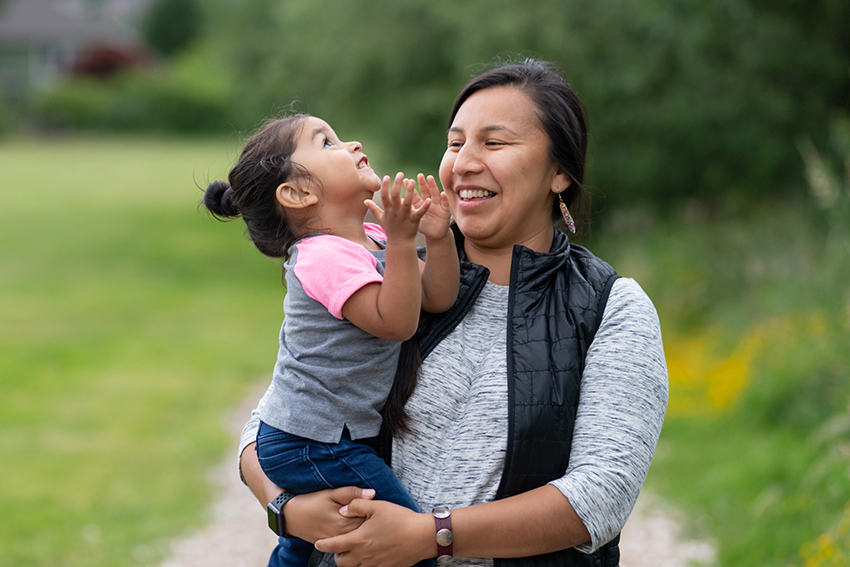
Photo Credit: FatCamera/iStock
More than ever, American Indians and Alaska Natives face some of the greatest challenges in the United States. Resources — including food, housing, medical care and family support services — have been inaccessible or nonexistent for years. During the COVID-19 pandemic, those resources have become even scarcer. According to researchers at the Harvard Project on American Indian Economic Development, the COVID-19 crisis is “devastating tribes’ abilities to fund their governmental services and forcing tribes to make painful decisions to lay off employees, drop workers’ insurance coverage, deplete assets and/or take on more debt.” At the same time, some Native communities have experienced disproportionately high numbers of COVID-19 infections and deaths.
Native communities already suffer from generational trauma, and now the pandemic is causing additional trauma to families and young children. Many of these communities rely on revenue from casinos, which have been shuttered during the crisis. Revenue shortfalls will likely make it much more difficult for Native communities to provide services to young children.
But our communities are resilient. We draw our strength from family and from deep cultural roots to our land and each other. Many Native people and families are committed to staying in our communities and helping our children thrive. In many tribal communities, the Head Start program is a hub that provides families with their first opportunity for comprehensive support. FHI 360 is honored and proud to support these families through our leadership of the National American Indian and Alaska Native Head Start Collaboration Office (NAIANHSCO) .
Head Start programs are often at the center of family life, providing not only child development services, but also family support services and parenting classes. American Indian and Alaska Native Head Start programs are also a primary source of employment for many people living on reservations. They offer a seamless extension of family and community for Native children and are committed to providing comprehensive services that reflect cultural beliefs about how children grow and learn.
Under FHI 360, NAIANHSCO has championed language revitalization through four language summits for early childhood educators and others to share Native language materials and curricula. The Native population is about 2 percent of the U.S. population, and less than 2 percent of Native people speak Native languages, which were lost languages when government programs forced assimilation. When our communities have opportunities to learn their Native language, we unite around this goal. During the time of COVID-19, language has the power to heal: It teaches us so much about our culture and connects us to our roots. It is a gift that we can give back to ourselves, and it gives us something to hold on to. The Head Start programs truly value honoring this investment in culture.
We will also continue to focus on connecting Head Start programs with the resources needed for mental health and disability services for children in these communities. With financial resources already limited, we’re facing an even greater need during the pandemic. At FHI 360, we are committed to building on the trust we have established to help tribes respond to and recover from the pandemic and continue to enhance and build language preservation and mental health and disability initiatives. My hope is that others will be inspired to learn more and figure out what they can do to help Native communities not only survive but thrive.
